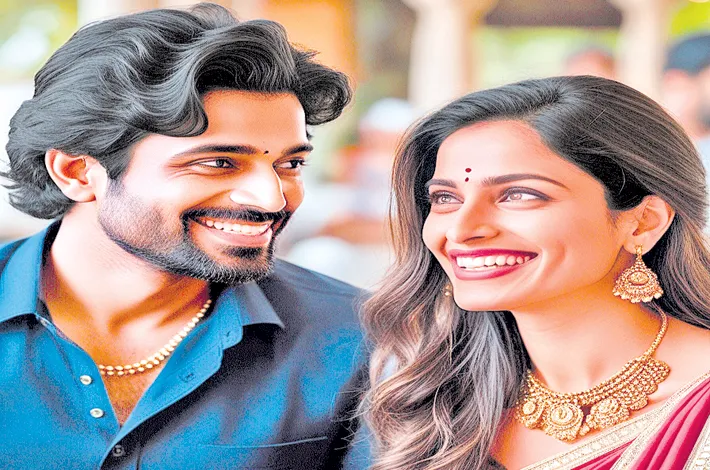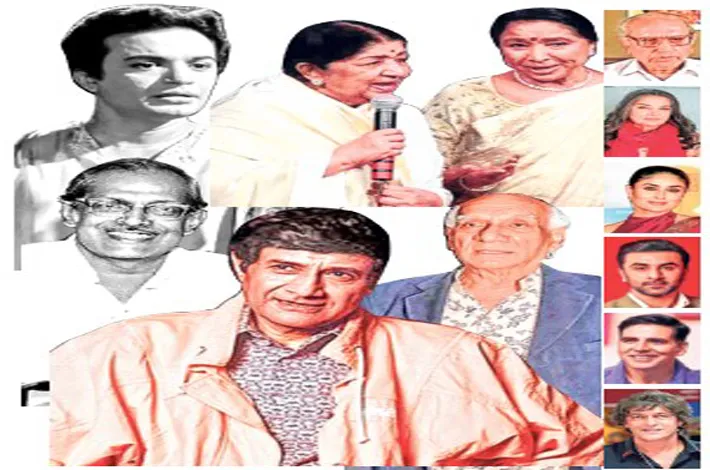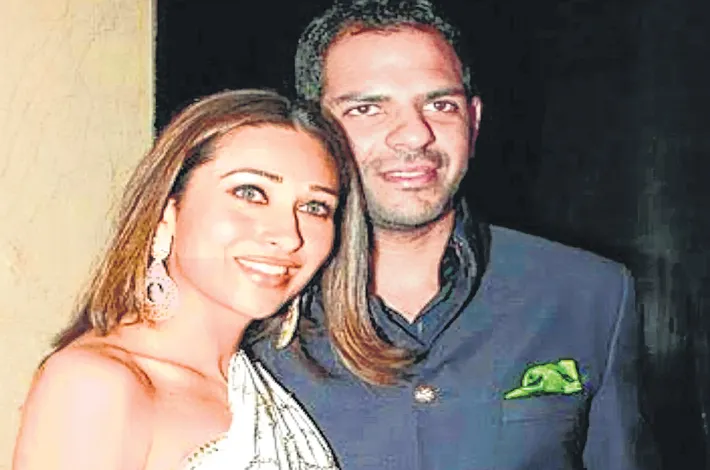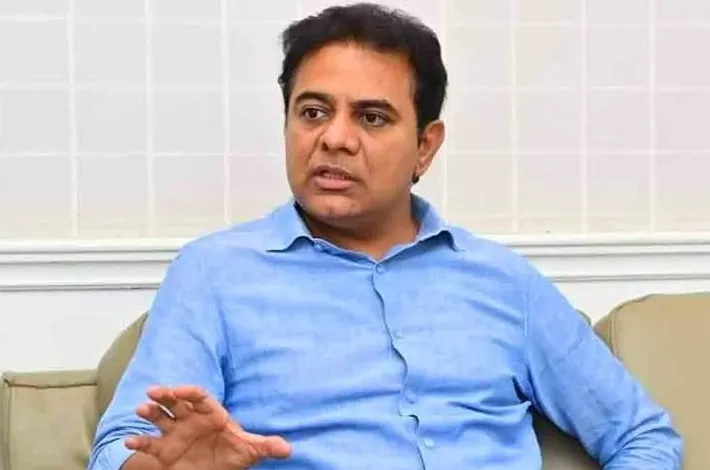Hyderabad Biryani meets Midnapore Fish Curry
10-09-2025 12:00:00 AM

Kamalini Das, a 24-year-old geologist from Midnapore, West Bengal, joined the same research team. Her quiet confidence and keen interest in Himalayan rock formations made her stand out, though her soft-spoken nature hid a heart full of dreams.
In the golden autumn of 2025, Mohan Rao, a 25-year-old botanist from Hyderabad, arrived in Chittorgarh for a research expedition to study the flora in the foothills of the Himalayas. His sharp eyes, accustomed to the urban sprawl of Hyderabad, were now captivated by the rugged beauty of Rajasthan’s landscapes, where history whispered through ancient forts. Kamalini Das, a 24-year-old geologist from Midnapore, West Bengal, joined the same research team. Her quiet confidence and keen interest in Himalayan rock formations made her stand out, though her soft-spoken nature hid a heart full of dreams.
Their first meeting was unremarkable, a quick handshake during the team’s orientation at a camp near Chittorgarh’s outskirts. Mohan, with his easy smile and quick wit, tried to break the ice with a joke about Hyderabad’s biryani being superior to all else. Kamalini, her dark eyes sparkling with amusement, countered that Midnapore’s fish curry could give it a run for its money. The exchange was brief, but it planted a seed.
The team set out for the Himalayan foothills, their base camp nestled in a valley where the Aravallis met the first whispers of the Himalayan range. Days were spent collecting samples—Mohan cataloging rare alpine herbs, Kamalini analyzing sedimentary layers. Their paths crossed often, as their research sites were adjacent. Mohan noticed Kamalini’s habit of sketching rock formations in a small notebook, her pencil strokes as precise as her observations. Kamalini, in turn, admired Mohan’s enthusiasm, how he’d talk to plants as if they could reply, his voice warm and animated.
One evening, after a long day of fieldwork, the team gathered around a bonfire. The Himalayan air was crisp, stars piercing the velvet sky. Mohan, strumming a borrowed guitar, sang a Telugu folk song, his voice carrying a raw, heartfelt melody. Kamalini, sitting across the fire, listened, her gaze fixed on him. When he finished, she clapped softly, her smile shy but genuine. “You sing like you mean it,” she said, her Bengali accent softening the words. Mohan blushed, unused to such earnest compliments.
Their bond grew quietly. During treks, Mohan would point out wildflowers, explaining their medicinal properties, while Kamalini shared stories of Midnapore’s rivers and her childhood chasing monsoons. They found comfort in their differences—Mohan’s fiery passion balanced by Kamalini’s calm pragmatism. One afternoon, while navigating a rocky trail, Kamalini slipped on loose gravel. Mohan’s hand shot out, steadying her. Their eyes met, and for a moment, the world narrowed to just them—the wind, the mountains, the unspoken pull between them.
A week into the expedition, the team was granted a day off. Mohan suggested they visit the Chittorgarh Fort, a short drive from their camp. Kamalini agreed, intrigued by the idea of exploring history with him. The fort, with its towering gates and tales of valor, felt like a portal to another time. As they wandered through the Vijay Stambh, Mohan shared stories of Hyderabad’s Golconda Fort, while Kamalini spoke of Bengal’s terracotta temples. At Padmini’s Palace, overlooking a serene lotus pond, Mohan turned to her. “This place feels like us,” he said, his voice low. “Old, enduring, but alive with something new.”
Kamalini’s heart raced. She wanted to respond but found herself lost in his gaze, warm and searching. Instead, she reached for his hand, her fingers brushing his. It was enough.
Their romance bloomed under the Himalayan sky. Late-night talks by the camp, sharing chai from a thermos, became their ritual. Mohan confessed his fear of never living up to his ambitions; Kamalini admitted her struggle to break free from her small-town roots. They found solace in each other’s vulnerabilities, their connection deepening with every shared secret.
One evening, as the expedition neared its end, a sudden storm trapped the team in their tents. Mohan and Kamalini, assigned to secure equipment, found themselves alone under a tarp, rain drumming above. Lightning illuminated Kamalini’s face, her eyes reflecting the storm’s wildness. Mohan, emboldened by the moment, leaned in. “Kamalini, I don’t want this to end here,” he said, his voice barely audible over the rain. “I think I’m falling for you.”
Kamalini’s breath caught. She’d felt it too—the pull, the certainty. “Mohan,” she whispered, “I’ve been falling since the day you sang.” Their lips met, tentative at first, then fierce, as if sealing a promise against the storm.
The expedition ended, and the team dispersed. Mohan and Kamalini, though, refused to let distance dictate their story. They returned to their cities—Hyderabad’s bustle and Midnapore’s quiet—but stayed connected through calls, letters, and plans. Mohan sent her pressed Himalayan flowers; Kamalini mailed him sketches of rocks with handwritten notes. They met again in Chittorgarh six months later, under the same fort where their hearts first spoke.
Standing by the lotus pond, Mohan took her hand. “Kamalini, wherever life takes us—Hyderabad, Midnapore, or the Himalayas—will you walk with me?” Her smile was her answer, brighter than the sun glinting off the water. In the shadow of Chittorgarh’s ancient walls, they vowed to build a future as enduring as the fort, as boundless as the mountains where their love began.








